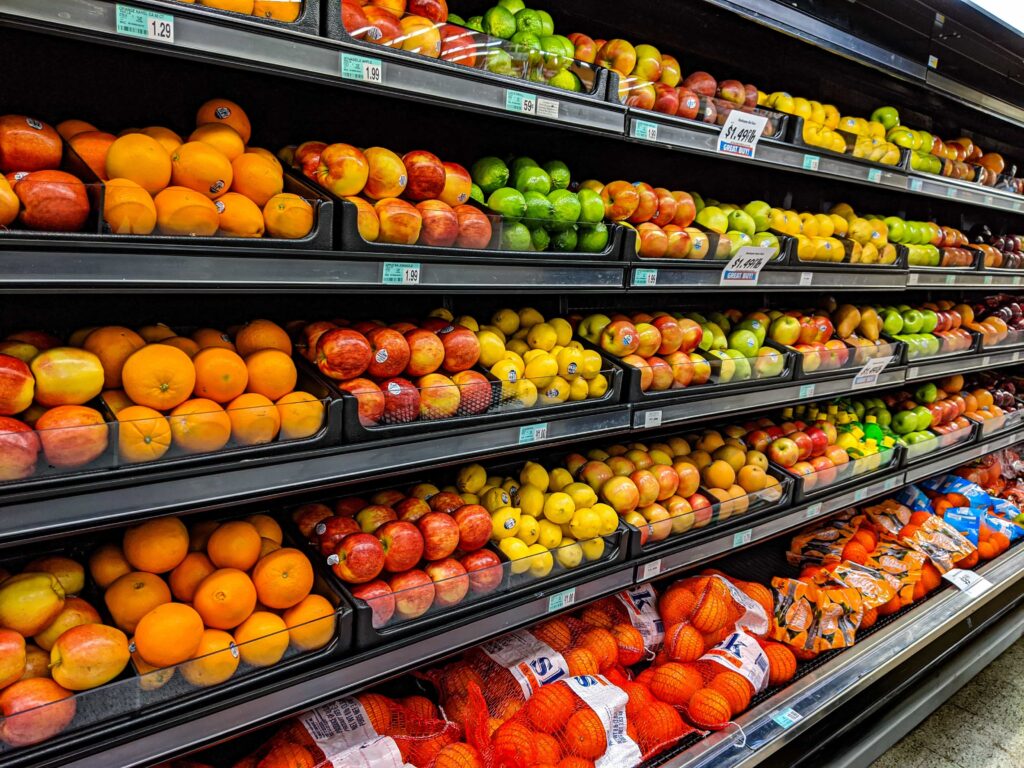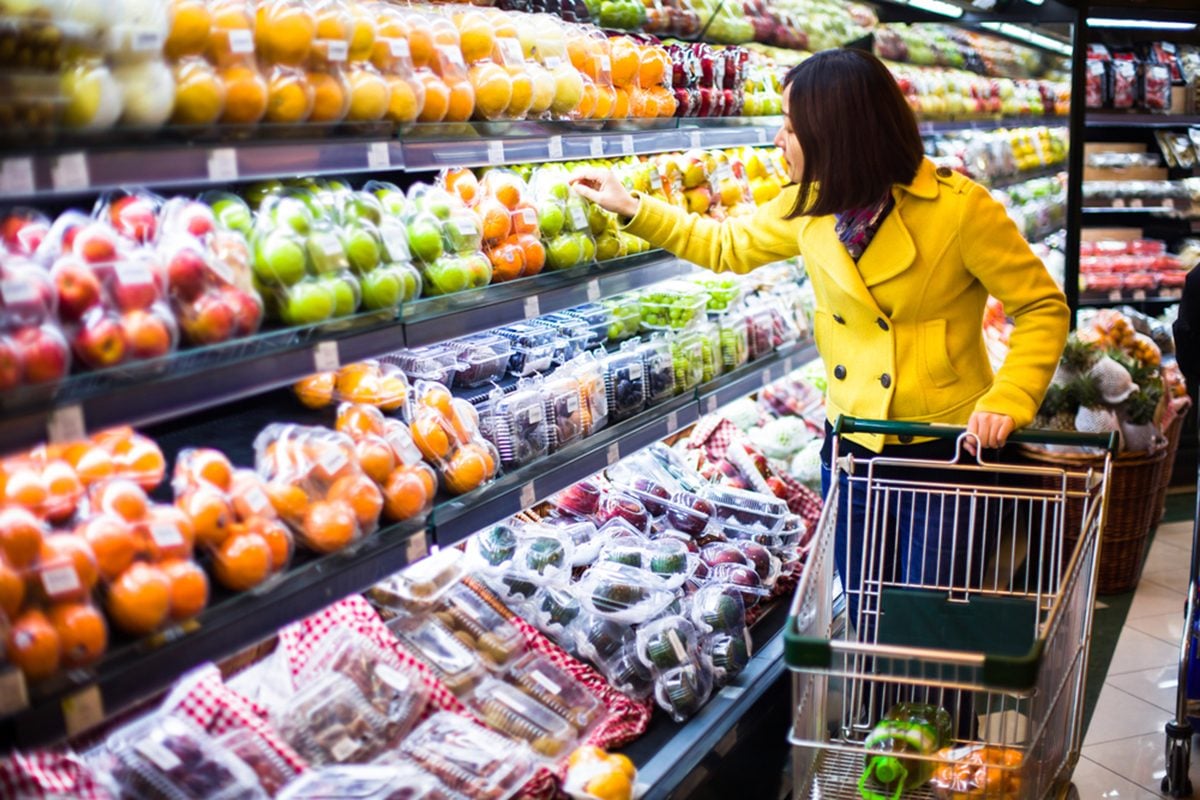By: Leslie Phillips, Alternative Medicine Practitioner, Founder of Lifey.Me
- In the United States alone, more than 1.2 billion pounds of food sold in grocery stores have been sprayed with pesticides and herbicides, (2018).
These pesticides and herbicides have been linked to cancer and known for breaking down the body’s natural detoxing mechanisms. The chemicals live in the land for up to 20 years.
It is important to understand that what doesn’t get eliminated by the body ends up stored in fat cells and can start behaving like hormones such as estrogen, which could be one of the reasons breast cancer has increased in today’s population, including several birth defects in newborn babies and cancers in animals, (2019, May 28).
These chemicals aren’t just hurting humans, they’re changing thyroid levels, reproductive activity, and causing miscarriages in animals in the wild.

Our children have the greatest risk as they are more exposed to fruits, vegetables, and juices. Many of these product items in main grocery stores have pesticides that disrupt the nervous system (2018), causing many parents to recognize the importance of organic produce, yet not every household can afford the price of organic eating.
Also, even organic produce risks cross-contamination while in the grocery store. There are a lot of foods in grocery stores that have been tampered with before arriving to the store by the manufactures. Not to mention- not everyone can afford organic produce.
Let’s look at some reasons of why organic food is more expensive:
- Organic farms tend to be smaller and grow in season produce, creating greater diversity but in shorter periods of time. For example:) Strawberry season ranges from May-October so that would be the only time strawberries are available.
- Organic farms take a lot of labor as there is no help from chemicals like weeding or bug control, yet labor workers need to be paid well, and by the time the produce is sold very little is left for the farmer.
- Organic produce makes up only 6% of US sales, with only 1% farms allowing established organic farmers to charge premium prices since competition is low.
No matter the budget, here are steps you can take to ensure the food you are purchasing is real, and remember- quality food often means eating less because your body experienced adequate nutrition intake.
- Consider purchasing local produce from organic farmers or farmer markets while asking the farmer how they care for their produce.
- Do not overconsume foods that are considered high in pesticides such as cheese, eggs, milk, and meat.
- Ask your local store (the produce manager) where they obtain their produce and research the names they give you, please know many foreign produces is much more likely to contain high levels of pesticides than your local growers.
- Do not buy vegetables or fruits that are not in season.
- Peel or thoroughly wash vegetables and fruits with food grade hydrogen peroxide or mild soap, as many vegetables and fruits in the grocery store are covered in a way that the kidneys cannot break down.
- Consider eating wild caught fish and stay away from imitation meat, larger fish species, or farmed fish.
- Cut out deli meat if possible, as it is linked to high levels of cancer, especially processed meats like hotdogs which is actually dangerous for children to consume.
- Watch out for overconsumption of red meat, as many food borne illnesses occur during slaughter and most of the meat in the grocery store has been involved in farm abuse. The following www.animalclock.org will show you how many animals are killed every second for meat in the US.
The US often has to compromise the health and integrity of resources because of overly high consumption rates. Consider looking for ways to consume less.
Consider growing your own food, there is lot of resources available for urban farming if you are someone with little land or space. You can create your own organic spray for your produce and plants to keep insects away:
Mix in a spray bottle; water, vinegar, one green jalapeno, and a small amount of dish soap.
Research
- Joseph Pizzorno, 2018. Encyclopedia of Natural Medicine.
- NutritionReview.org. (2019, May 28). Environmental Estrogens: The Invisible Threat That Surrounds Us. Nutrition Review. https://nutritionreview.org/2019/05/environmental-estrogens-the-invisible-threat-that-surrounds-us/

Leave a Reply